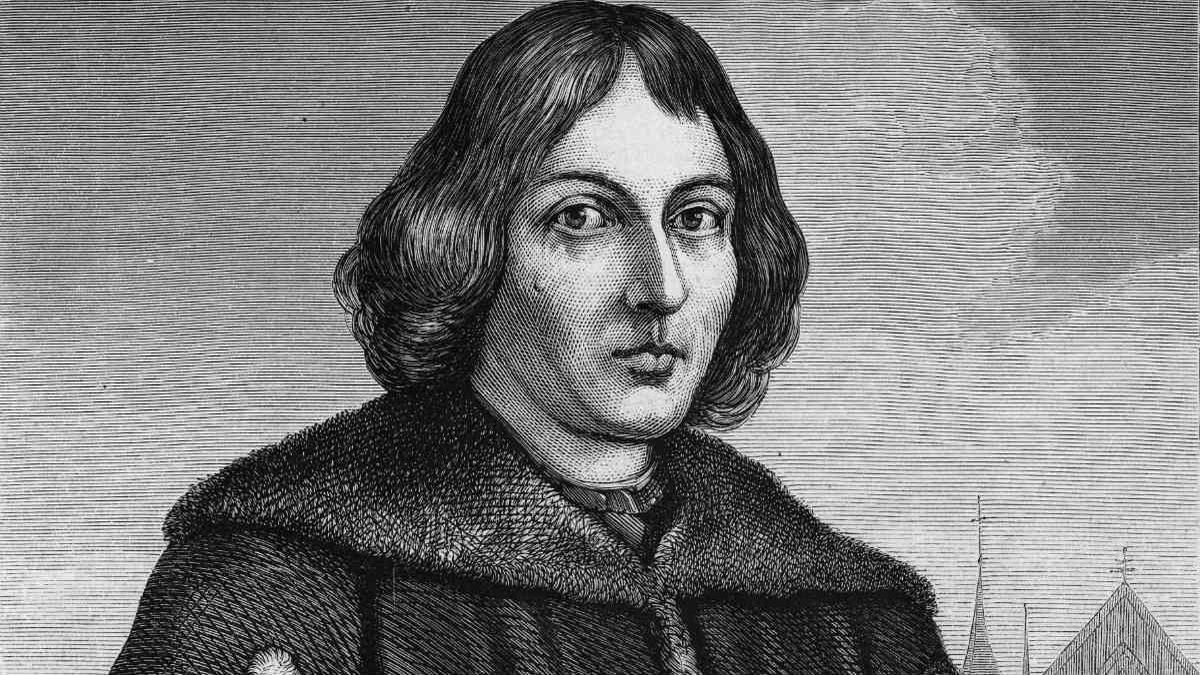Today I will refer to a Polish astronomer who lived more than five hundred years ago.
And I would like to add that one of my permanent concerns in this contact with you, Dear listeners, is amenity.
Because I am convinced that one can be boring referring to tango or football and entertaining talking about botany or geometry.
In short, I think there are no heavy topics or entertaining topics.
The ones who can be monotonous are us. And on any topic.
But let’s go to Mr. Nicholas Copernicus, who was actually called Nicholas Koppernick.
He was born in Poland at the time of the discovery of America, some twenty years before.
He was a priest and also a doctor of Law, a doctor of Medicine and Philosophy. And if this were not enough – as the salesmen on the trains say – he was an exceptional astronomer.
And in this science the conception that man had of the earth changed. Because until Copernicus, the theory of Ptolemy, a Greek wise man, who lived and studied in Egypt, prevailed.
Ptolemy said that the earth remained fixed while the sun and
But at the time in which Copernicus made his revolutionary theories known, the tolerant years of the Renaissance were passing.
At this stage, the wise men, whether we called them official or dissident, were seen as special beings who deserved the appreciation of everyone.
As if the majority understood that clear minds are the ones that can best understand dark times. And those who could conquer wisdom.
The others, then, did everything possible to open the doors for him.
Copernicus’ discovery was not totally new.
Seventeen centuries earlier, around the year 300 of the previous era, some Greek philosophers and astronomers, led by Ptolemy, had already expressed without much scientific basis that the Earth and other planets revolved around the Sun.
But Copernicus added solid foundations.
The parents of the Polish scholar were German.
Sensing his precocious talent, they gave him first-class training.
His most important work, which translated its title from Latin would be approximately: “Revolutionizing the Celestial Orbit”, consists of six books and was completed in the year of his death, 1543.
And a brief final anecdote from Copernicus, a chosen one who not only showed reality, but also helped to modify it.
Being a philosophy student at the University of Krakow, one of the professors at the end of a class asked the students to sincerely criticize their opinions.
Copernicus asked to speak and, as if magnetized, spoke for an hour straight, refuting the professor’s theories step by step. He took him before the rector and said with unusual nobility to his hierarchical superior:
-I request two things: that we not only approve this student’s subject before the end of the course, but that we incorporate him as an adjunct professor of this subject. A young man with such a mentality can no longer be a student.
The fact is that the history of the human race was written and created by dozens or perhaps hundreds of men.
And a final aphorism for Nicholas Copernicus:
“There are goals that seem unattainable. But there are men born to achieve them.”
Source: Ambito
David William is a talented author who has made a name for himself in the world of writing. He is a professional author who writes on a wide range of topics, from general interest to opinion news. David is currently working as a writer at 24 hours worlds where he brings his unique perspective and in-depth research to his articles, making them both informative and engaging.




